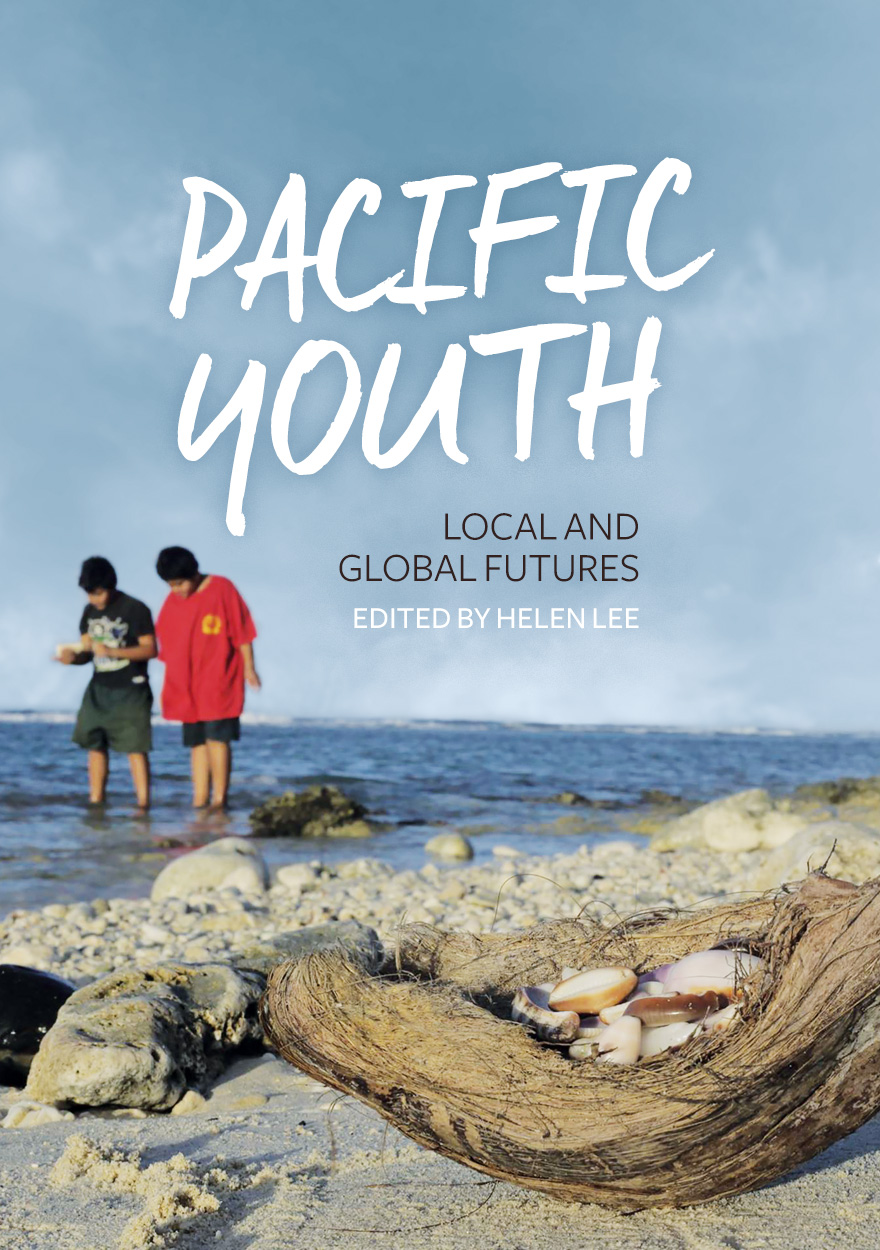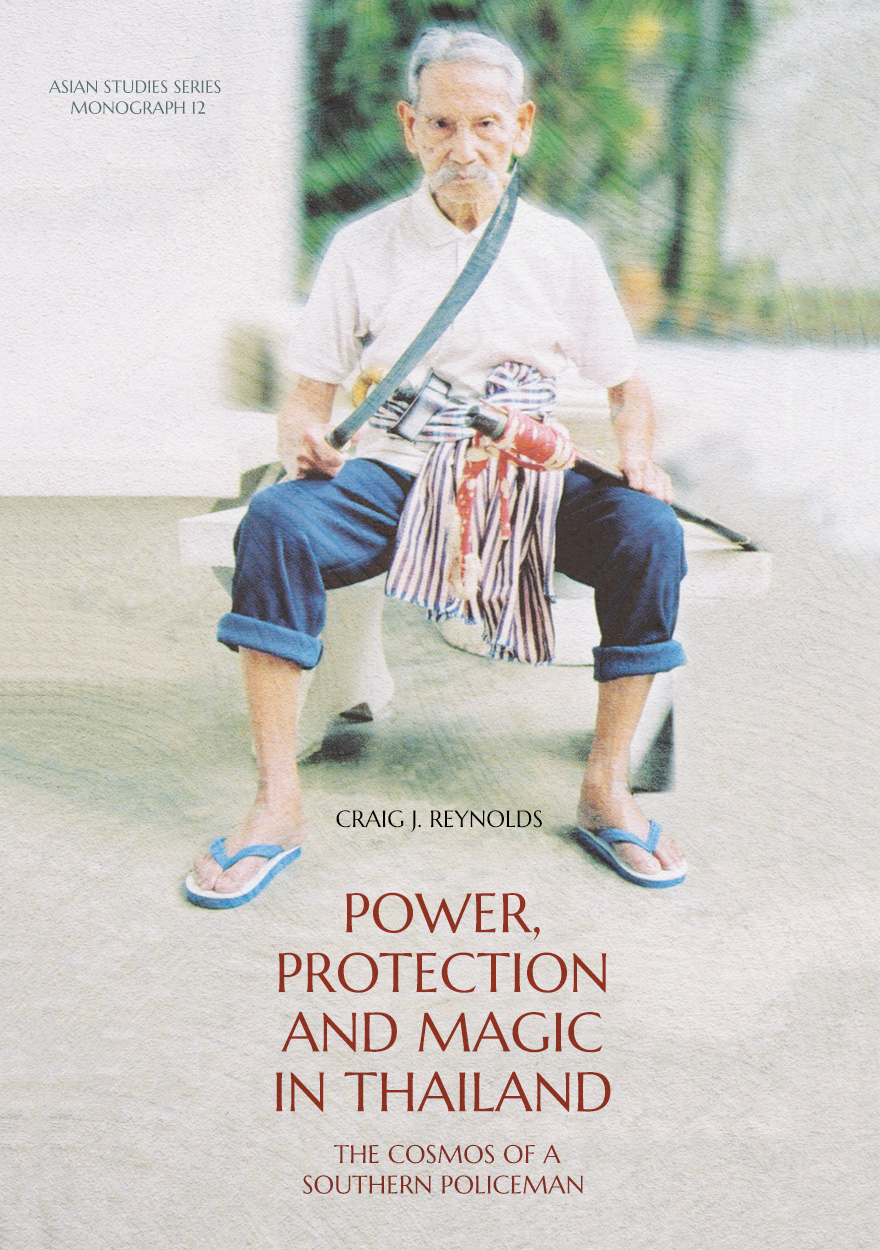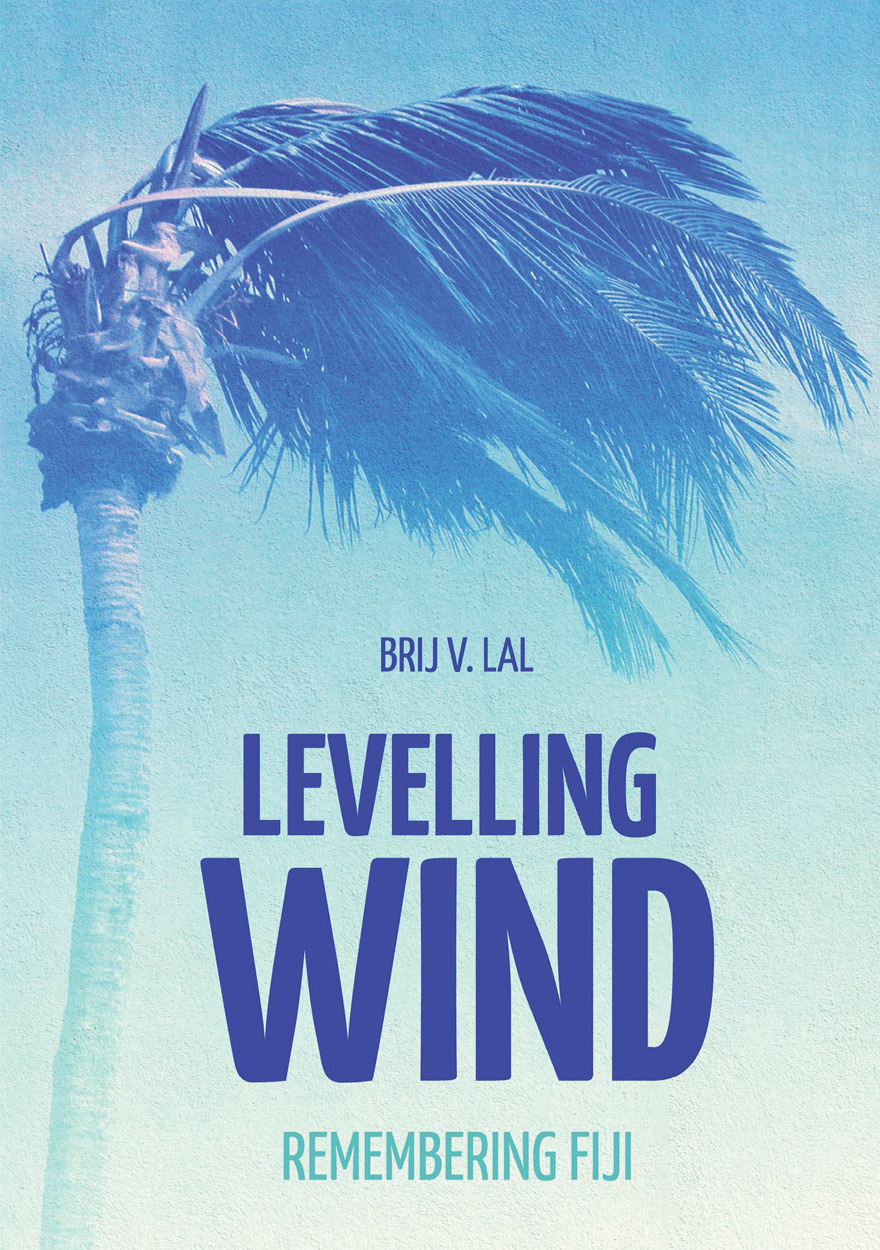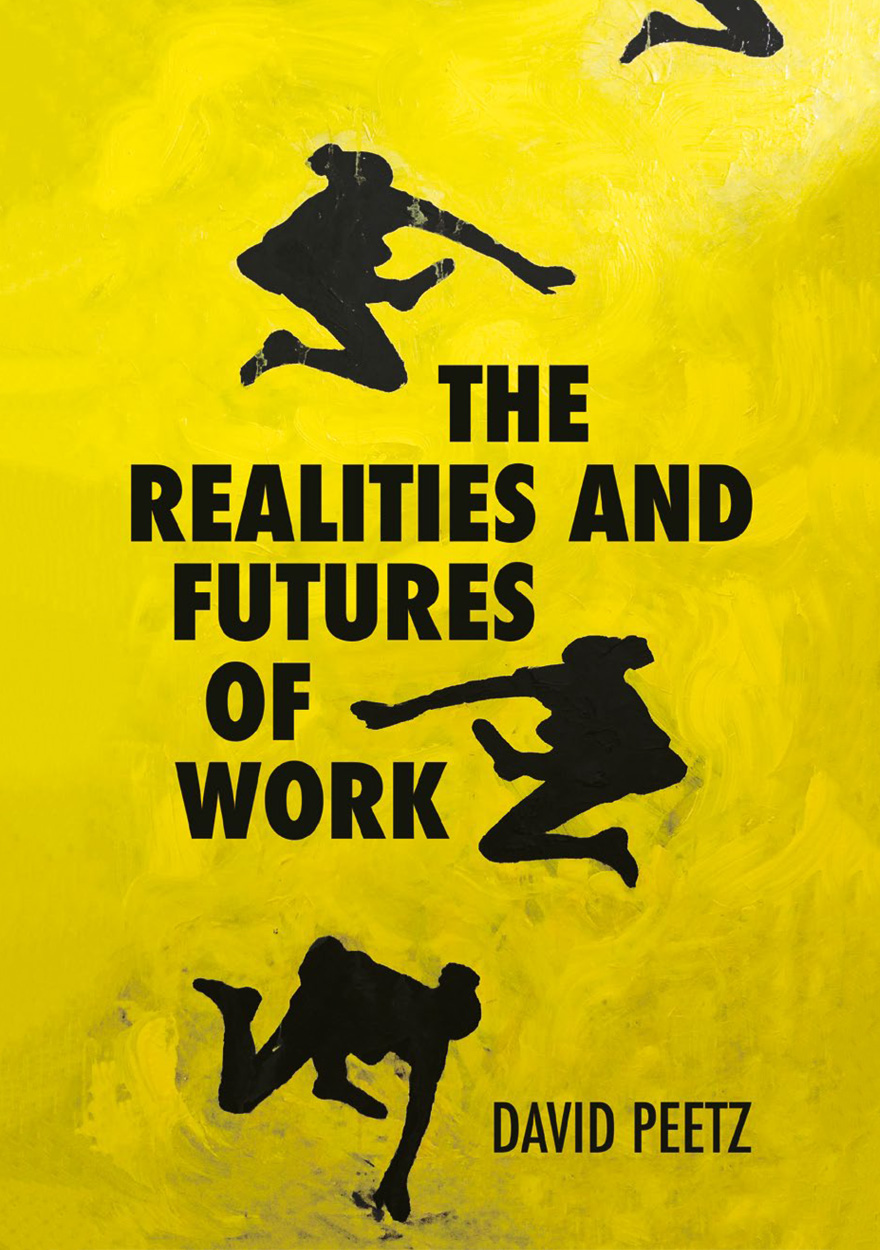Books
Browse or search ANU Press' range of books or find out more about the publications' authors and co-publishers. Download the book for free or buy a print-on-demand copy.
Displaying results 181 to 190 of 779.

The Jingshan Report »
Opening China’s Financial Sector
Authored by: China Finance 40 Forum Research Group
Publication date: January 2020
The Jingshan Report is a collection of research papers on key issues for China’s financial opening, including reform of the RMB exchange rate regime, management of cross-border capital flows and financial support for the Belt and Road Initiative. Authored by leading experts in the relevant fields, the report examines the evolution, current status and problems with the financial opening policy over the past four decades, and puts forward policy recommendations on how to steadily push forward China’s financial opening.

Debating Lapita »
Distribution, Chronology, Society and Subsistence
Edited by: Stuart Bedford, Matthew Spriggs
Publication date: December 2019
‘This volume is the most comprehensive review of Lapita research to date, tackling many of the lingering questions regarding origin and dispersal. Multidisciplinary in nature with a focus on summarising new findings, but also identifying important gaps that can help direct future research.’
— Professor Scott Fitzpatrick, Department of Anthropology, University of Oregon
‘This substantial volume offers a welcome update on the definition of the Lapita culture. It significantly refreshes the knowledge on this foundational archaeological culture of the Pacific Islands in providing new data on sites and assemblages, and new discussions of hypotheses previously proposed.’
— Dr Frédérique Valentin, Centre national de la recherche scientifique (CNRS), Paris
This volume comprises 23 chapters that focus on the archaeology of Lapita, a cultural horizon associated with the founding populations who first colonised much of the south west Pacific some 3000 years ago. The Lapita culture has been most clearly defined by its distinctive dentate-stamped decorated pottery and the design system represented on it and on further incised pots. Modern research now encompasses a whole range of aspects associated with Lapita and this is reflected in this volume. The broad overlapping themes of the volume—Lapita distribution and chronology, society and subsistence—relate to research questions that have long been debated in relation to Lapita.

Civil Society and Transitional Justice in Asia and the Pacific »
Publication date: November 2019
Over the last two decades, civil society has helped catalyse responses to the legacies of violent conflicts and oppressive political regimes in Asia and the Pacific. Civil society has advocated for the establishment of criminal trials and truth commissions, monitored their operations and pushed for take-up of their recommendations. It has also initiated community-based transitional justice responses. Yet, there has been little in-depth examination of the breadth and diversity of these roles. This book addresses this gap by analysing the heterogeneity of civil society transitional justice activity in Asia and the Pacific.
Based upon empirically grounded case studies of Timor-Leste, Indonesia, Cambodia, Myanmar, Bougainville, Solomon Islands and Fiji, this book illustrates that civil society actors can have different – and sometimes competing – priorities, resources and approaches to transitional justice. Their work is also underpinned by diverse understandings of ‘justice’. By reflecting on the richness of this activity, this book advances contemporary debates about transitional justice and civil society. It will also be a valuable resource for scholars and practitioners working on Asia and the Pacific.

Commonwealth Responsibility and Cold War Solidarity »
Australia in Asia, 1944–74
Authored by: Dan Halvorson
Publication date: November 2019
Australia’s engagement with Asia from 1944 until the late 1960s was based on a sense of responsibility to the United Kingdom and its Southeast Asian colonies as they navigated a turbulent independence into the British Commonwealth. The circumstances of the early Cold War decades also provided for a mutual sense of solidarity with the non‑communist states of East Asia, with which Australia mostly enjoyed close relationships. From 1967 into the early 1970s, however, Commonwealth Responsibility and Cold War Solidarity demonstrates that the framework for this deep Australian engagement with its region was progressively eroded by a series of compounding, external factors: the 1967 formation of ASEAN and its consolidation by the mid-1970s as the premier regional organisation surpassing the Asian and Pacific Council (ASPAC); Britain’s withdrawal from East of Suez; Washington’s de‑escalation and gradual withdrawal from Vietnam after March 1968; the 1969 Nixon doctrine that America’s Asia-Pacific allies must take up more of the burden of providing for their own security; and US rapprochement with China in 1972. The book shows that these profound changes marked the start of Australia’s political distancing from the region during the 1970s despite the intentions, efforts and policies of governments from Whitlam onwards to foster deeper engagement. By 1974, Australia had been pushed to the margins of the region, with its engagement premised on a broadening but shallower transactional basis.

Pacific Youth »
Local and Global Futures
Edited by: Helen Lee
Publication date: October 2019
Pacific populations are becoming younger and this ‘youth bulge’ is often perceived as a dangerous precursor to civil unrest. Yet young people are also a valuable resource holding exciting potential for the future of island nations. Addressing these conflicting views of youth, this volume presents ethnographic case studies of young people from across the Pacific and the diaspora. Moving beyond the typical focus on ‘youth problems’ in reports by Pacific governments and development agencies, the authors examine the highly diverse lives and perspectives of young people in urban and rural locations. They celebrate the contributions of youth to their communities while examining the challenges they face. The case studies explore the impacts of profound local and global changes and cover a wide sweep of youth experiences across themes of education, employment and economic inequalities, political and civil engagement, and migration and the diaspora.
Contributors to this volume bring many decades of experience of research with Pacific people as well as fresh perspectives from early career and graduate researchers. Most are anthropologists and their chapters contribute to the interdisciplinary fields of youth studies and Pacific studies, offering thought-provoking insights into the possibilities for Pacific youth as they face uncertain futures.

Framing the Islands »
Power and Diplomatic Agency in Pacific Regionalism
Authored by: Greg Fry
Publication date: October 2019
Since its origins in late eighteenth-century European thought, the idea of placing a regional frame around the Pacific islands has never been just an exercise in geographical mapping. This framing has always been a political exercise. Contending regional projects and visions have been part of a political struggle concerning how Pacific islanders should live their lives. Framing the Islands tells the story of this political struggle and its impact on the regional governance of key issues for the Pacific such as regional development, resource management, security, cultural identity, political agency, climate change and nuclear involvement. It tells this story in the context of a changing world order since the colonial period and of changing politics within the post-colonial states of the Pacific.
Framing the Islands argues that Pacific regionalism has been politically significant for Pacific island states and societies. It demonstrates the power associated with the regional arena as a valued site for the negotiation of global ideas and processes around development, security and climate change. It also demonstrates the political significance associated with the role of Pacific regionalism as a diplomatic bloc in global affairs, and as a producer of powerful policy norms attached to funded programs. This study also challenges the expectation that Pacific regionalism largely serves hegemonic powers and that small islands states have little diplomatic agency in these contests. Pacific islanders have successfully promoted their own powerful normative framings of Oceania in the face of the attempted hegemonic impositions from outside the region; seen, for example, in the strong commitment to the ‘Blue Pacific continent’ framing as a guiding ideology for the policy work of the Pacific Islands Forum in the face of pressures to become part of Washington’s Indo-Pacific strategy.

Power, Protection and Magic in Thailand »
The Cosmos of a Southern Policeman
Authored by: Craig J. Reynolds
Publication date: October 2019
This biographical study of an unusual southern policeman explores the relationship between religion and power in Thailand during the early twentieth century when parts of the country were remote and banditry was rife. Khun Phan (1898–2006), known as Lion Lawman, sometimes used rather too much lethal force in carrying out his orders. He was the most famous graduate of a monastic academy in the mid-south, whose senior teachers imparted occult knowledge favoured by fighters on both sides of the law. Khun Phan imbibed this knowledge to confront the risks and uncertainty that lay ahead and bolster his confidence and self-reliance for his struggle with adversaries.
Against the background of national events, the story is rooted in the mid-south where the policeman was born and died. Based on a wide range of works in Thai language, on field trips to the region and on interviews with local and regional scholars as well as the policeman’s descendants, this generously illustrated book, accompanied by short video clips, brings to life the distinctive environment of the lakes district on the Malay Peninsula.

Following the Water »
Environmental History and the Hydrological Cycle in Colonial Gippsland, Australia, 1838–1900
Authored by: Kylie Carman-Brown
Publication date: October 2019
Water reflects culture.
This book is a detailed analysis of hydrological change in Australia’s largest inland waterway in Australia, the Gippsland Lakes in Victoria, in the first 70 years of white settlement.
Following air, water is our primal need. Unlike many histories, this book looks at the entire hydrological cycle in one place, rather than focusing on one bit. Deftly weaving threads from history, hydrology and psychology into one, Following the Water explores not just what settlers did to the waterscape, but probes their motivation for doing so.
By combining unlikely elements together such as swamp drainage, water proofing techniques and temperance lobbying, the book reveals a web of perceptions about how water ‘should be’. With this laid clear, we can ask how different we are from our colonial forebears.

Levelling Wind »
Remembering Fiji
Authored by: Brij V. Lal
Publication date: October 2019
‘What I have sought to do in my work is to give voiceless people a voice, place and purpose, the sense of dignity and inner strength that comes from never giving up no matter how difficult the circumstances. History belongs as much to the vanquished as to the victors.’
— Brij V. Lal
‘Professor Brij Lal is the finest historian of the Indian indentured experience and the Indian diaspora. His Girmitiyas is a classic.’
— Emeritus Professor Clem Seecharan, London Metropolitan University
‘Brij Lal is a highly respected, versatile and imaginative scholar who has made a lasting contribution to the historiography of the Pacific.’
— Dr Rod Alley, Victoria University of Wellington
‘Professor Brij Lal’s life is a remarkable journey of a scholar and an intellectual whose writings are truly transformative; a man of moral clarity and courage who also has deep pain at being cut off from his homeland.’
— Professor Michael Wesley, Dean of the College of Asia and the Pacific, The Australian National University
‘Brij Lal is a singular scholar, whose work has spanned disciplines – from history, political commentary, encyclopedia, biography and “faction”. Brij is without doubt the most eminent scholar in the humanities and social sciences Fiji has ever produced. He also remains one of the most significant public intellectuals of his country, despite having been banned from entering it in 2009.’
— Emeritus Professor Clive Moore, University of Queensland
‘Brij Lal is an accomplished and versatile historian and true son of Fiji. Above all, there is affirmation here of the enduring worth of good literature and the value of good education that Lal received and wants others to experience. The world needs more Lals who speak out against ruling opinions and dare to stray into the pastures of independent thought.’
— Professor Doug Munro, historian and biographer, Wellington, and Adjunct Professor at the University of Queensland

The Realities and Futures of Work »
Authored by: David Peetz
Publication date: September 2019
What do we know about the current realities of work and its likely futures? What choices must we make and how will they affect those futures? Many books about the future of work start by talking about the latest technology, and focus on how technology is going to change the way we work. And there is no doubt that technology will have huge impacts. However, to really understand the direction in which work is going, and the impact that technology and other forces will have, we need to first understand where we are.
This book covers topics ranging from the ‘mega-drivers of change’ at work, power, globalisation and financialisation, to management, workers, digitalisation, the gig economy, gender, climate change, regulation and deregulation. In doing this, it refers to some of the great works of science fiction. It demolishes several myths, such as that the employment relationship is doomed, that we are all heading to becoming ‘freelancers’ or ‘gig workers’ one day, that most jobs will be destroyed by technological change, that the growth in jobs will mainly be in STEM fields, that we will no longer value collectivism as we will all be ‘individuals’, or that the death of unionism is inevitable.
The Realities and Futures of Work also rejects the idea of technological determinism—that whatever will be, will be, thanks to technological change—and so it refuses to accept that we simply need to prepare to adapt ourselves to the future by judicious training since there is nothing else we can do about it. Instead, this book provides a realistic basis for thinking about both the present and the future. It emphasises the choices we make, and the implications of those choices for the future of work.



